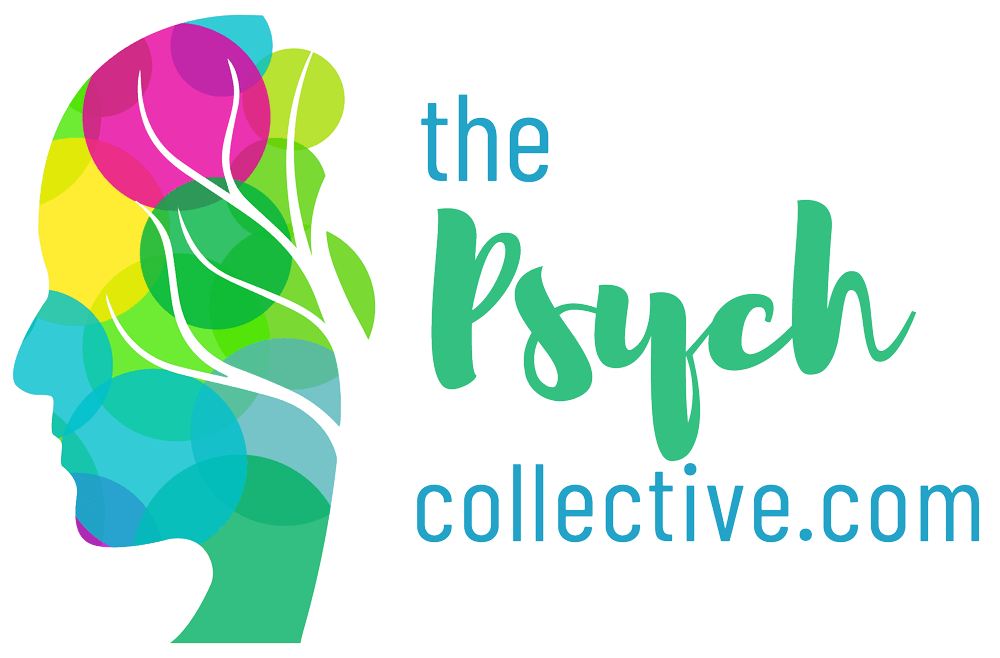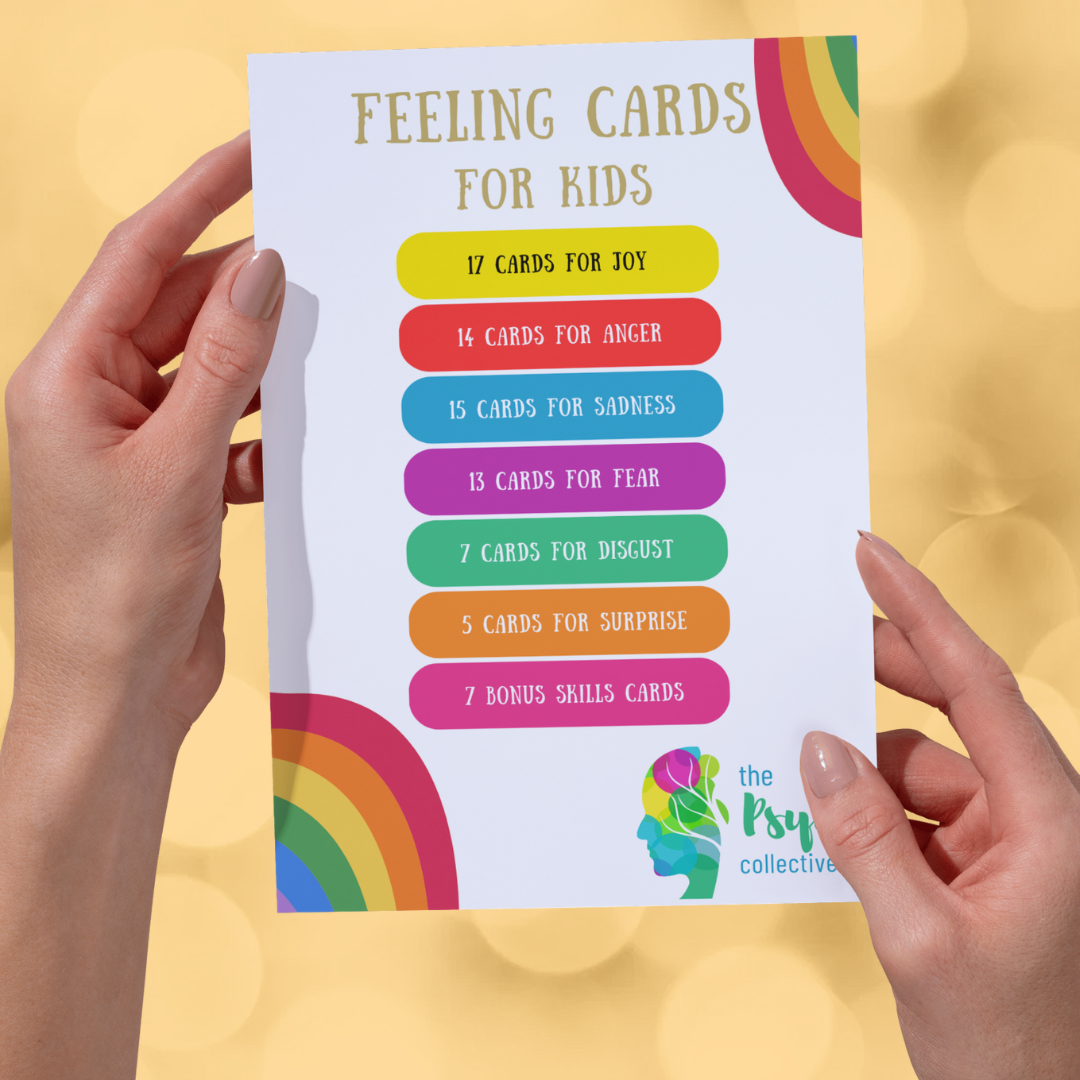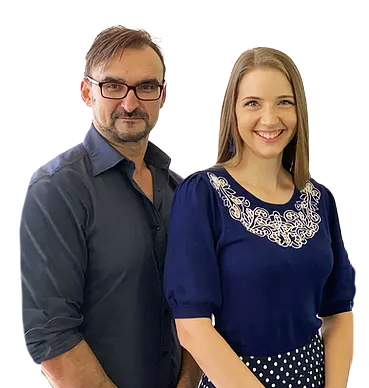Schema Questionnaires
How do you measure schemas and modes?
Schema Therapy, and in particular Schema Mode Therapy, is full of many moving parts. There are 20 maladaptive schemas, 14 positive schemas and at least 17 schema modes. Getting a handle on all of this can be tricky so I'm going to give you the heads up on how to get started.
Young Schema Questionnaire - Long Form 3rd edition (YSQ-L3)
Developed by Jeffery Young, this questionnaire uses 232 questions to measure the original 18 maladaptive schemas. The third edition was published in 2005. If you want a copy of this one you need to purchase it from https://www.schematherapy.org/
Young Schema Questionnaire - Short Form 3rd edition (YSQ-S3)
In 2005, a shorter schema questionnaire was developed by Jeffery Young and Gary Brown. Based on the third edition of the YSQ-L, the short form uses only 90 questions to measure the original 18 maladaptive schemas. You'll get this from https://www.schematherapy.org/ as well. Though in all honesty, I think this website is confusing and I don't use these questionnaires anymore. I use the revised and free version below.
Young Schema Questionnaire-Revised (YSQ-R)
While the original Young questionnaires have been our only option for many years, I was thrilled to discover that there is now a revised version and it's free! Following further analysis of the 'fit' of the items, Yalcin, Marais, Lee and Correia (2022) revised the YSQ-L down to 116 items with a few changes to the original 18 maladaptive schemas. It now lists 20 schemas, as the Emotional Inhibition schema was split into 'Emotional Constriction' and 'Fear of Losing Control', and the Punitiveness schema was split into 'Punitiveness-Other' and 'Punitive-Self'. This questionnaire is a more robust measure of maladaptive schemas and clinically it makes much more sense.
To download the questionnaire and Excel scoring spreadsheet head to :
https://www.anima.com.au/schema
Young Positive Schema Questionnaire (YPSQ)
To complement the YSQ-S3, which only measures maladaptive schemas, another team of researchers (Louis, Wood, Lockwood, Ho, & Ferguson, 2018) created a questionnaire to measure adaptive schemas. This 56 item questionnaire measures 14 adaptive schemas that help to operationalise what a Healthy Adult would believe about themselves.
Unfortunately, this questionnaire is not easily available. I contacted the lead author and was advised that he would be happy to share a copy of the questionnaire and scoring sheet but only if people contact him directly to ask. So he gave me permission to publish his email address so you can ask him for a free copy.
So here is his email: johnphiliplouis@gmail.com
Now, Dr Louis has asked that when you email him, you include in your request for a copy of the YPSQ your full name, which country you are from and the reason that you want a copy (clinical, personal, or research use or you plan to translate it into another language).
While you're waiting for a reply, here is the reference for his article.
Louis, J. P., Wood, A. M., Lockwood, G., Ho, M.-H. R., & Ferguson, E. (2018, April 19). Positive Clinical Psychology and Schema Therapy (ST): The Development of the Young Positive Schema Questionnaire (YPSQ) to Complement the Young Schema Questionnaire 3 Short Form (YSQ-S3). Psychological Assessment. Advance online publication. http://dx.doi.org/10.1037/pas0000567
Schema Mode Inventory (SMI)
Developed in 2008 and revised in 2009, Jeffery Young and his team created a questionnaire for measuring the strength of Schema Modes. Using 124 questions, it measures 14 modes, including Child Modes, Maladaptive Coping Modes, Dysfunctional Parent Modes and Healthy Adult.
It is important to note that in my schema mode therapy overview (the video with the rainbow arches) I reference 17 modes. This questionnaire does not cover them all.
Also note that this questionnaire refers to some other modes that I don't use, like Enraged Child, Impulsive Child and Undisciplined Child. Personally, I don't like these labels because it feeds into the messages that the child was the problem, instead of remembering that the child is Vulnerable and the problem is with the dysfunctional parents.
To download the questionnaire and Excel scoring spreadsheet head to :
https://www.anima.com.au/schema
Share
Categories
About Our Resources
We offer actionable resources and teach real skills to help people make meaningful change in managing mental health issues through different modes depending on people's learning preferences including infographics, text, worksheets, handouts and video.












